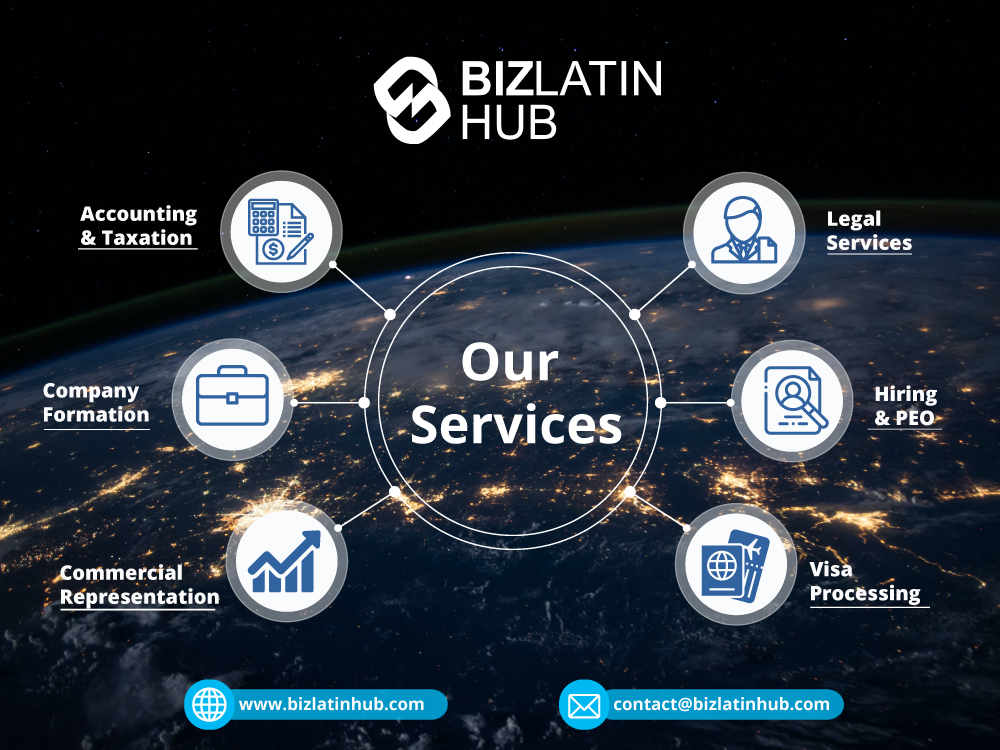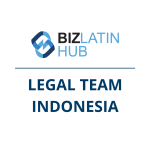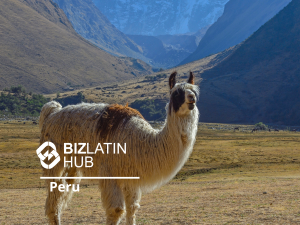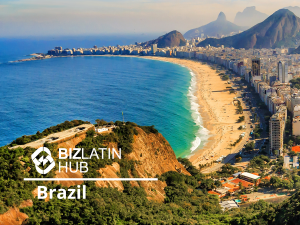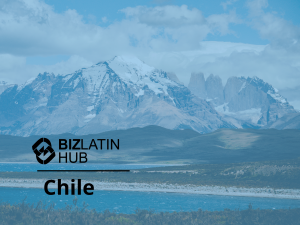Indonesia’s stretch of islands currently represent the largest economy in South East Asia. The country garnered attention as an emerging market with its membership to CIVETS (Colombia, Indonesia, Vietnam, Egypt, Turkey and South Africa). There are many entity types in Indonesia if you want to start a business, so read on for more information.
The country’s dynamic and diverse economy harbours many opportunities for all business entity types in Indonesia. Its location puts commercial actors in the perfect place to engage with other major and emerging powers. With an economy that has grown more than 5% per year for the past 10 years, it’s clear why Indonesia is a favourite among foreign investors for doing business.
If you’re looking to incorporate in Indonesia, it’s important to first understand the different types of business structures available to you. Understanding the benefits and limitations of these entity types in Indonesia will help you choose the structure best suited for your business. At Biz ALtin Hub, we can help you through that process.
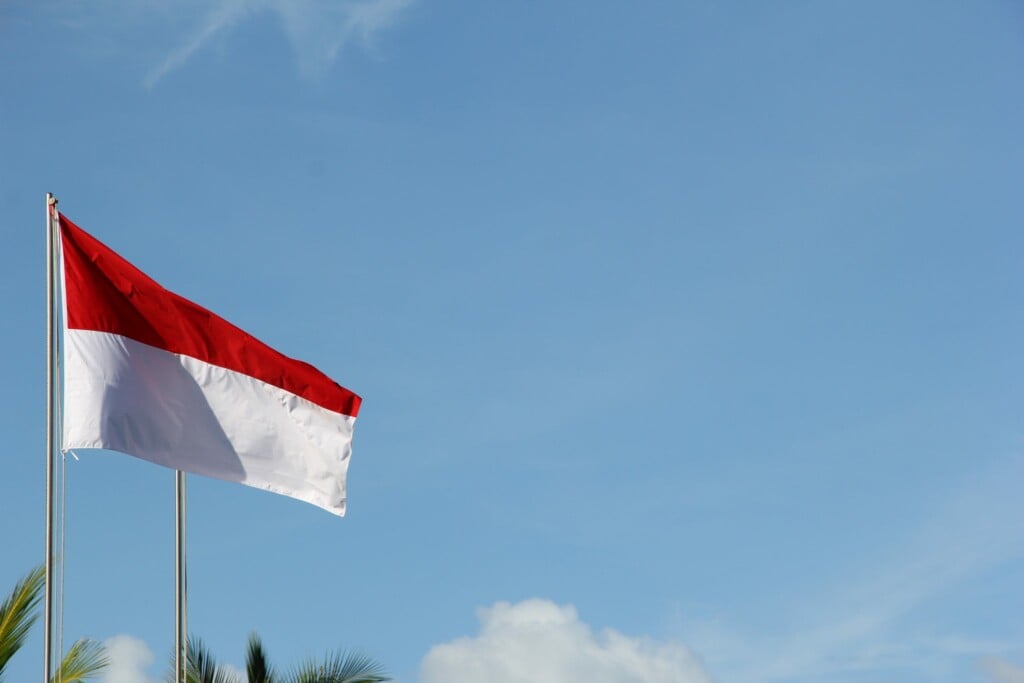
Entity Type 1 – Limited Liability Company (Perseroan Terbatas)
The Indonesian Limited Liability Company (known locally as Perseroan terbatas or PT) is a business structure that runs on capital shares. These stocks can be traded, making changes in ownership and shares relatively easy.
Importantly, the company’s assets and wealth are separate from the owner’s personal assets. This removes the owner from being personally liable for any company financial issues.
Shareholders therefore have limited responsibilities. Stipulated conditions dictate the distribution of profits through dividends. This is commonly the most popular of the entity types in Indonesia.
For a PT in Indonesia, your business must have a minimum of one director, one commissioner, and two Indonesian shareholders.
Categorical distinctions for Limited Liability Companies
Indonesia’s Company Law makes the following distinctions between Limited Liability Companies or PTs:
- Micro-company: this structure requires a minimum share capital of INR 50 million. Annual income cannot exceed INR 300 million.
- Small company: minimum share capital between INR 50-500 million. Annual income must sit between INR 300 million and INR 2.5 billion.
- Medium company: requires a share capital between INR 500 million and INR 10 billion. Annual turnover must range between INR 2.5-50 billion.
- Large company: this structure has a net share capital above INR 10 billion and annual income over INR 50 billion.
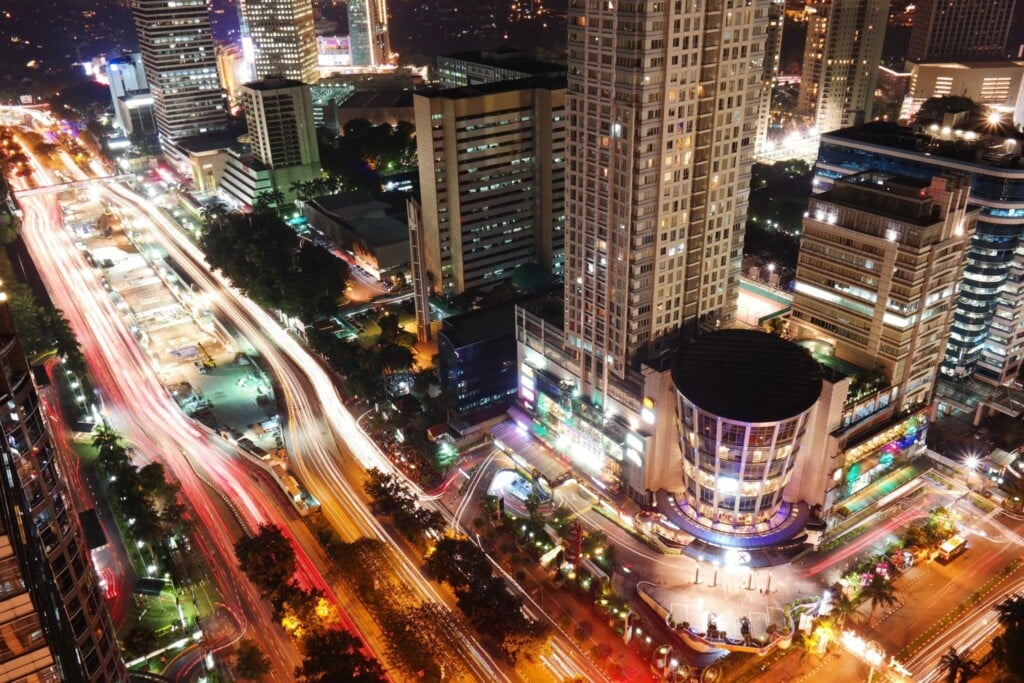
Entity Type 2 – Foreign-owned Limited Liability (Penanaman Modal Asing)
This structure is suitable for Indonesian Limited Liability businesses owned (either partially or fully) and controlled by foreigners. Before you can conduct business in Indonesia under the Penanaman Model Asing (PMA) structure, you need approval from local authorities.
The Capital Investment Coordinating Board (BKPM) grant approval for PMA businesses. For that, your PMA business must:
- Show an investment plan by stakeholders to invest US$1.2 million minimum
- Pay a share capital amount of 25% of the investment plan.
Additionally, your PMA must have:
- At least one resident director
- Two shareholders
- One commissioner.
PMAs that are fully foreign-owned must also sell at least 5% of their share to an Indonesian citizen or entity within its first 15 years of operations. This can be avoided if the PMA has evolved from a joint venture with a local.
Do you need a license to do business in Indonesia?
Be aware that as a foreign-owned business, you may be required to obtain further permits or licenses for your commercial activities. While you’re free to operate from anywhere in the country, some business sectors place extra requirements on PMAs or may exclude them entirely to encourage the growth of local business.
When in the country, appointing Indonesian shareholders can be one way to gain access to restricted markets. Make sure to do your homework on your field of interest if this is the business structure you choose.
Entity Type 3 – Nominee Limited Liability: reducing incorporation timelines
To speed up the process of incorporation, some entrepreneurs may opt for a Nominee Limited Liability structure. This allows an Indonesian nominee to set up a Limited Liability Company on behalf of a foreign company.
This option allows you to get past restrictions on foreign investment/ownership. Consequently, you can get started quicker with a Nominee Limited Liability Company. This is especially helpful for entrepreneurs operating with time sensitive contracts or business deals.
Entity Type 4 – Representative office
This business structure has specific eligibility requirements. Representative Offices may conduct market research, promotional activities, or act as buying or selling agents for the parent company only. Operating licenses for these entity types in Indonesia expire after two years, and need to be renewed to continue operations.
The government also carries discretion to impose further operating requisites depending on the nature of the parent company. Foreign corporations can’t currently form branch offices in the country, barring the opportunity for future conversion for their Representative Office.
Entity Type 5 – Public Company (Perum and Persero)
The Public Company structure is a State-Owned Enterprise style structure, whose capital is owned by the government. It is considered a separate legal entity.
This business structure is suitable for non-profit companies and for stock trading purposes.
Non-profit (Perum) company
The Indonesian non-profit or Perum company structure has the following characteristics:
- legal entity status regardless of its non-profit model
- typically socio-economic business purpose
- State-owned capital in accordance with the Civil Code
- company employees are considered employees of the State.
Persero company
The Public Company under the ‘Persero’ category is State-owned, but whose first priority is to seek profit. The second priority is to deliver services to the public. This company is headed by a Board of Directors, and shares come from separated State assets. Employees of the Persero are considered ‘private’ workers.

Doing business in Indonesia – Do your homework
Indonesia offers several options for entrepreneurs to invest and begin commercial operations in Indonesia. However, make sure you do thorough research before you take the next step. If needed, seek local guidance to decide on the best business entity types in Indonesia for you.
Failure to do so could result in delayed incorporation time due to incorrectly documented information, or compliance issues.
We can help you understand entity types in Indonesia
With a large population of skilled workers and an abundance of local and international trading opportunities, Indonesia is an ideal hub for your commercial expansion. We can help you understand which of the entity types in Indonesia is right for you.
At Biz Latin Hub, we offer a range of market entry and back office support services designed to help you expand into new markets and take your business to new heights. Our tailored business solutions are designed to guide you through the formation process, ensuring a smooth transition and due diligence.
To get in touch with our Indonesian-based business specialists, contact us today.
